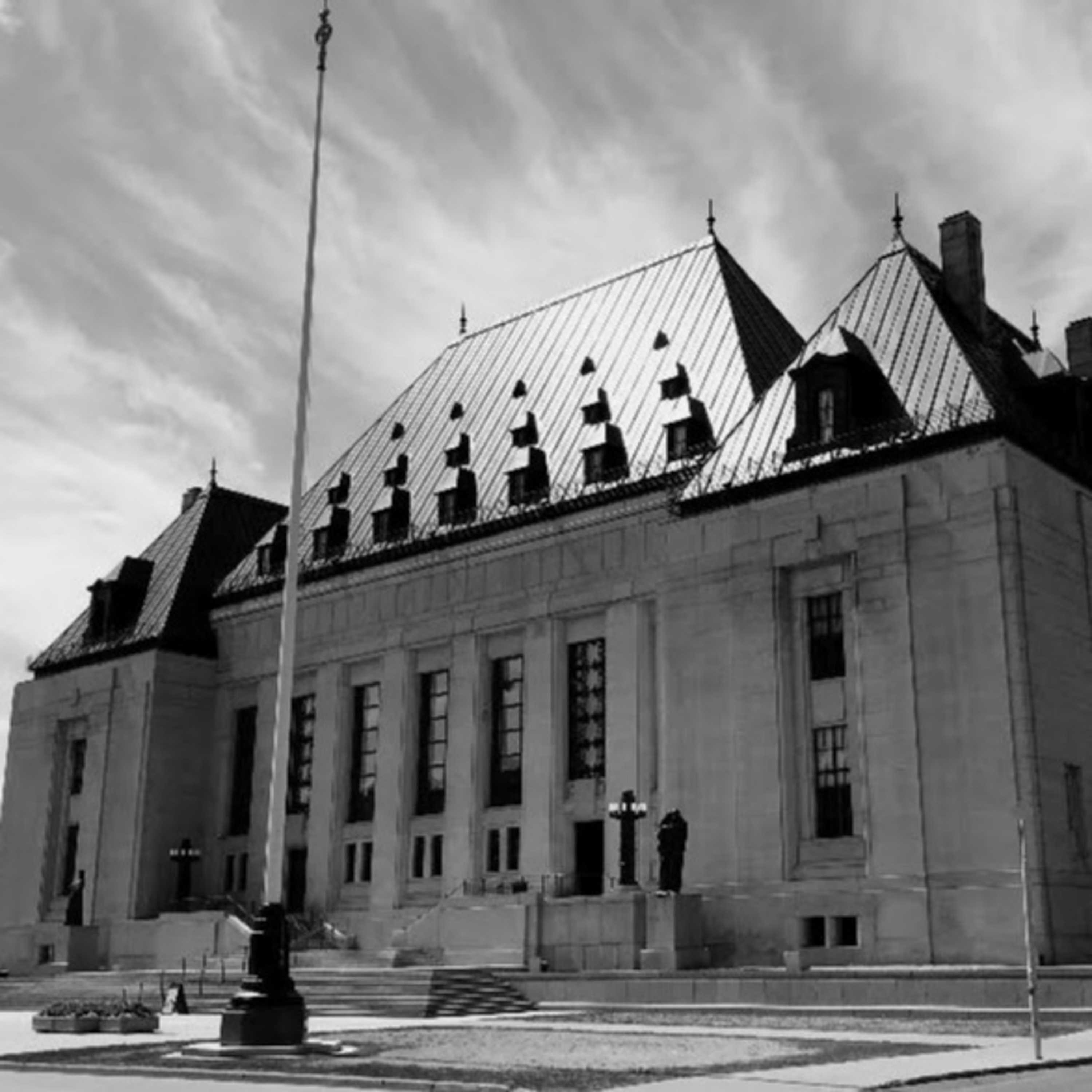His Majesty the King v. Lucas Hanrahan (41220)
The respondent was found not guilty of sexual assault following a jury trial. Consent was the central issue. The Crown appealed the respondent’s acquittal, submitting that the trial judge erred in law by restricting Crown counsel’s examination of the complainant on her prior statements (text messages that were exchanged between the complainant and the respondent after the event) and erred in law in rulings related to the admission of evidence about the complainant’s prior sexual history. A majority of the Court of Appeal dismissed the Crown’s appeal. It concluded that although the trial judge placed restrictions on the text messages exhibit during direct examination of the complainant in excess of what was necessary to prevent the jury from improperly using the text messages, his interventions were within the reasonable exercise of his trial management power. The majority also concluded the trial judge made no error in finding that the prior sexual history evidence was capable of being admissible. There was no error regarding the judge’s finding of an inconsistency between the complainant’s evidence on cross-examination and her prior statement to the police. The trial judge did not err in admitting the prior sexual history evidence and in refusing to allow Crown counsel to question the complainant about the inconsistency on re-examination. Knickle J.A., dissenting, would have allowed the appeal and ordered a new trial. She concluded that the trial judge erred in his treatment of the text messages conversation evidence and therefore improperly restricted the Crown’s direct examination of the complainant. The trial judge also erred in admitting evidence of the complainant’s previous sexual history for the purpose of cross-examining her on alleged inconsistencies, because the complainant’s testimony was not inconsistent with what she had stated to police and she had not put her previous sexual history with the respondent in issue. The trial judge also erred by denying Crown counsel’s re-examination of the complainant. These errors had a material bearing on the verdict of acquittal rendered by the jury.
Argued Date
2025-01-21
Keywords
Criminal law — Evidence — Admissibility — Complainant’s prior sexual history — Text messages — Whether the majority of the Court of Appeal erred in holding that the prior sexual history evidence of the complainant was properly admitted by (i) deferring to the trial judge’s finding that there was an inconsistency; (ii) finding that the evidence met the threshold of legitimate relevance; and (iii) finding that the trial judge properly exercised his discretion by prohibiting the Crown from asking the complainant questions on redirect about the prior sexual history — Whether the majority erred in holding that the trial judge’s restrictive treatment of text messages was a reasonable exercise of his trial management powers — Whether the errors had a material bearing on the acquittal and the test in R. v. Graveline, 2006 SCC 16, [2006] 1 S.C.R. 609, has been met — Criminal Code, R.S.C. 1985, c. C-46, s. 276.
Notes
(Newfoundland & Labrador) (Criminal) (As of Right) (Publication ban in case)
Language
English Audio
Disclaimers
This podcast is created as a public service to promote public access and awareness of the workings of Canada's highest court. It is not affiliated with or endorsed by the Court. The original version of this hearing may be found on the Supreme Court of Canada's website. The above case summary was prepared by the Office of the Registrar of the Supreme Court of Canada (Law Branch).
